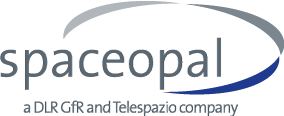16.03.2018
The newest Launch 9 Galileo satellites have arrived in their final
The four latest L9 Galileo satellites GSAT0215 – GSAT0218, named Nicole, Zofia, Alexandra, and Irina, that were launched on December 12, 2017, have now all reached their final orbital positions. The four spacecraft have undergone consecutive manoeuver campaigns since the completion of the Launch and Early Orbit Phase (LEOP) after launch.
After LEOP, the satellites are first being drifted and then fine positioned into their final orbital position. For the GSAT0215 – GSAT0218 the drift phase lay between five and eight weeks and a total of 33 manouevres have been performed. The first 12 manoeuvres were performed at the LEOP Operations Control Center (LOCC) by CNES in Toulouse, France. After these first manoeuvres, the LOCC manoeuver campaign was completed and handed over to GCC-D by DLR GfR mbH in Oberpfaffenhofen, Germany, who took over the flight dynamics responsibility and performed another 21 manoeuvres on the satellites. The final orbital position accuracy is now so high that the next station keeping manoeuvre will only be needed when the satellites reach the middle of their scheduled lifetime.
The flight dynamics handover forms the final end of this manoeuvre campaign. The four satellites of the December launch filled the gaps in the A plane of the Galileo planes, which is now completely filled. The C plane is also already fully assembled and the remaining slots in the B plane will be filled with the upcoming L10 launch that is schedule for the end of July 2018. For details on the planes, please refer to the technical details provided about the satellites on the website of the GNSS Service Center in Madrid, Spain (https://www.gsc-europa.eu/system-status/orbital-and-technical-parameters).
The next L9 satellite activities are the In-Orbit testing (IOT) activities of the payloads and the introduction of the routine service. These activities are being done from the GCC-D in Germany, the GCC-I in Italy and the IOT measurement station in Redu. The overall coordination of all of these LEOP and IOT activities are being managed and overseen by Spaceopal from our headquarters in Munich.
Picture: © European GNSS Agency

